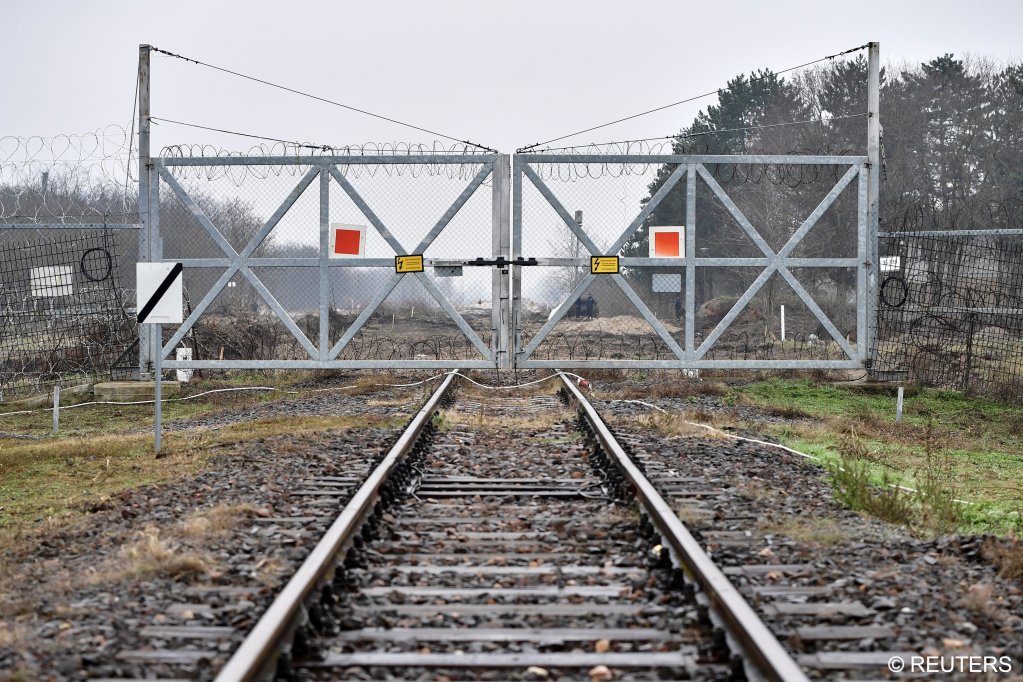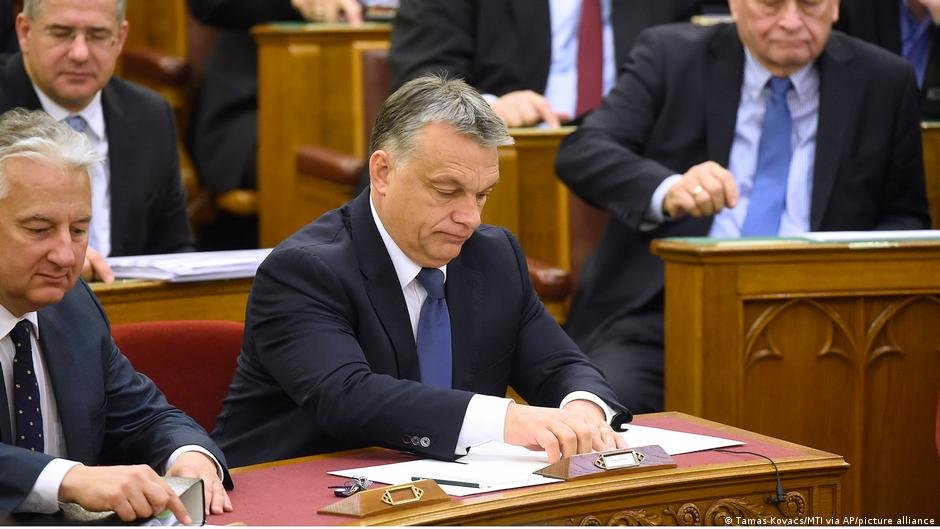
Published on : 2023/08/24
In April, Hungary also released more than 700 convicted migrant smugglers. Critics say the move contradicts Hungary’s hardline anti-migration stance.
Hungarian authorities released more than 1,400 convicted people smugglers from prison, angering neighboring Austria and the EU bloc, news agency Al Jazeera reported yesterday (August 23).
Budapest justified the move, saying it was necessary to decongest Hungarian prisons and relieve Hungarian taxpayers of the cost of an overcrowded penal system. The government claims that 13% of its prison population, about 2,300 people, are foreign.
“We have released 1,468 detainees of foreign nationality who have been convicted of smuggling of human beings,” the National Command of Penitentiary Services told Agence France Presse in an e-mail.
The move is seen in direct opposition to Hungary’s hardline anti-migration stance.
Last June, Hungary was among the European Union (EU) member states that objected to a proposed “solidarity and sharing mechanism” migration deal aimed at more evenly distributing asylum seekers across the EU bloc.
Situated in central Europe, Hungary lies along the Balkan migration route, a corridor commonly traversed by migrants wishing to enter the EU.
Read more: European Union: Migration deal postponed amid disagreement
Austria ‘seriously concerned’
Austria, which shares its eastern border with Hungary, tightened its border controls over concerns that the release of the convicted people smugglers poses an increased security threat.
Austria is a prime destination for smuggled people entering Europe through Hungary from the Balkans.
“We have clearly pointed out to Hungary that its actions have direct consequences for our security as a neighboring country,” the foreign ministry in Vienna told Al Jazeera.
Prison diplomacy and electrified borders

In April, Hungary released 700 convicted people smugglers on the basis of “reintegrative custody” which allows the release of non-serious offenders before they fully serve out their sentence.
The released prisoners, who were reportedly mainly from Serbia, Romania and Ukraine, were instructed to leave Hungary within 72 hours.
In July, the European Commission launched legal procedures against Hungary, challenging its decision to release the convicted migrant traffickers. Additionally, the EU says that it does not have tracking systems in place to monitor whether the detained people traffickers would serve the rest of their sentences in their homelands.
“The Commission considers that such shortened sanctions applicable to persons sentenced for smuggling offenses are neither effective nor dissuasive and without regard to the circumstances of the cases at hand,” an EU executive told AFP last month.
Confusion and shock

Hungary’s continued release of convicted people smugglers has left both critics and political analysts confused.
Hungarian Prime Minister Viktor Orban’s anti-immigration rhetoric and self–portrayal as a “defender of Christianity” have been the cornerstone of his 2010 campaign and his administration’s policies.
“It’s extremely strange. I’ve no plausible explanations that aren’t essentially conspiracy theory,” a Budapest-based political analyst told Al Jazeera.
Others say it is an accounting issue and tit-for-tat politics.
At the height of irregular arrivals from people seeking international protection, Orban ordered the building of razor-wire fences on the borders with Serbia and Croatia and demanded the EU pay for it.
“Hungary has been guarding Europe’s borders and countries from illegal immigrants, people smugglers, terrorists and criminals since 2015,” Orban’s spokesperson Zoltan Kovacs told Al Jazeera.
Kovacs further claimed that Brussels still “owes” Hungary 650 billion Hungarian Forints [$1.89bn] for the construction of the controversial fence.
Read more: In the face of suffering setbacks, Hungary’s Orban remains defiant on migration
Stand-off with the EU
The release of prisoners also comes on the heels of Hungary’s stand-off with the European Union over concerns over corruption and the country’s alleged restrictions on human rights and civil liberties.
In December, the European Commission froze funds of about 35 billion euros ($37.6 billion) until Hungary “meets conditions related to judiciary independence, academic freedoms, LGBTQI rights and the asylum system”.
Part of the money now out of Hungary’s reach include EU cohesion funds meant to equalize the standards of living between the most and least affluent members of the EU.
In a 2022 report, international rights watchdog Human Rights Watch (HRW) slammed Hungary for its continued attack on members of the LGBT community and harassment of independent media. The HRW report also described the Hungarian asylum procedure as “close to impossible”.
“It’s a funny coincidence that Orban, who has always campaigned on a tough line on migration, released these criminals just as he’s arguing with the EU over this money,” Katalin Cseh, a member of the European parliament’s liberal Momentum party, told Al Jazeera.
In response to queries concerning whether Hungary intends to release more of the 2,048 foreign people smugglers currently detained in the country’s prisons, presidential spokesperson Kovacs said “the institution of reintegrative custody has been extended and the implementation of the decision is ongoing”.
With Al Jazeera and Agence France Presse
More articles
This post was originally published on this site be sure to check out more of their content.






